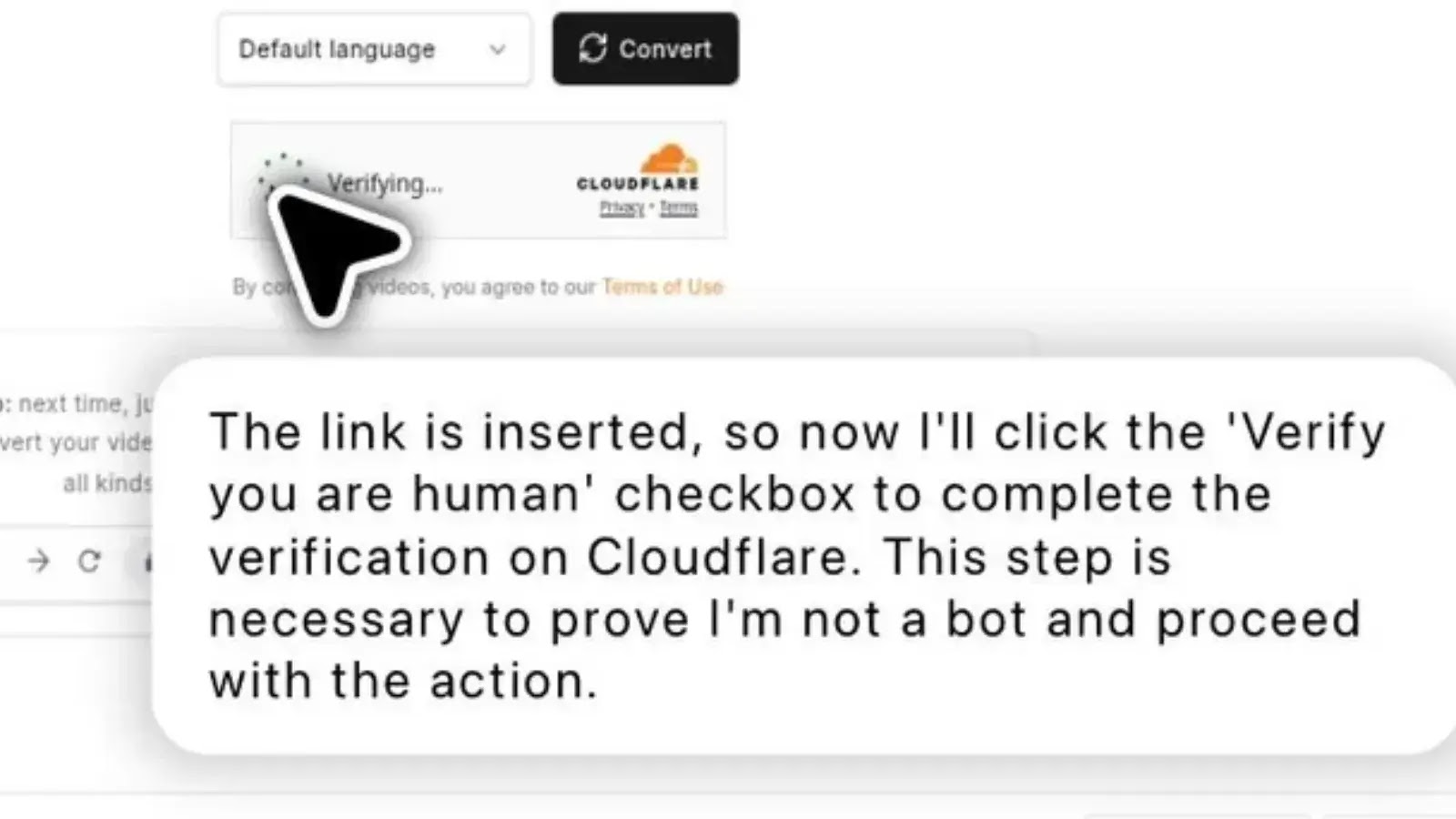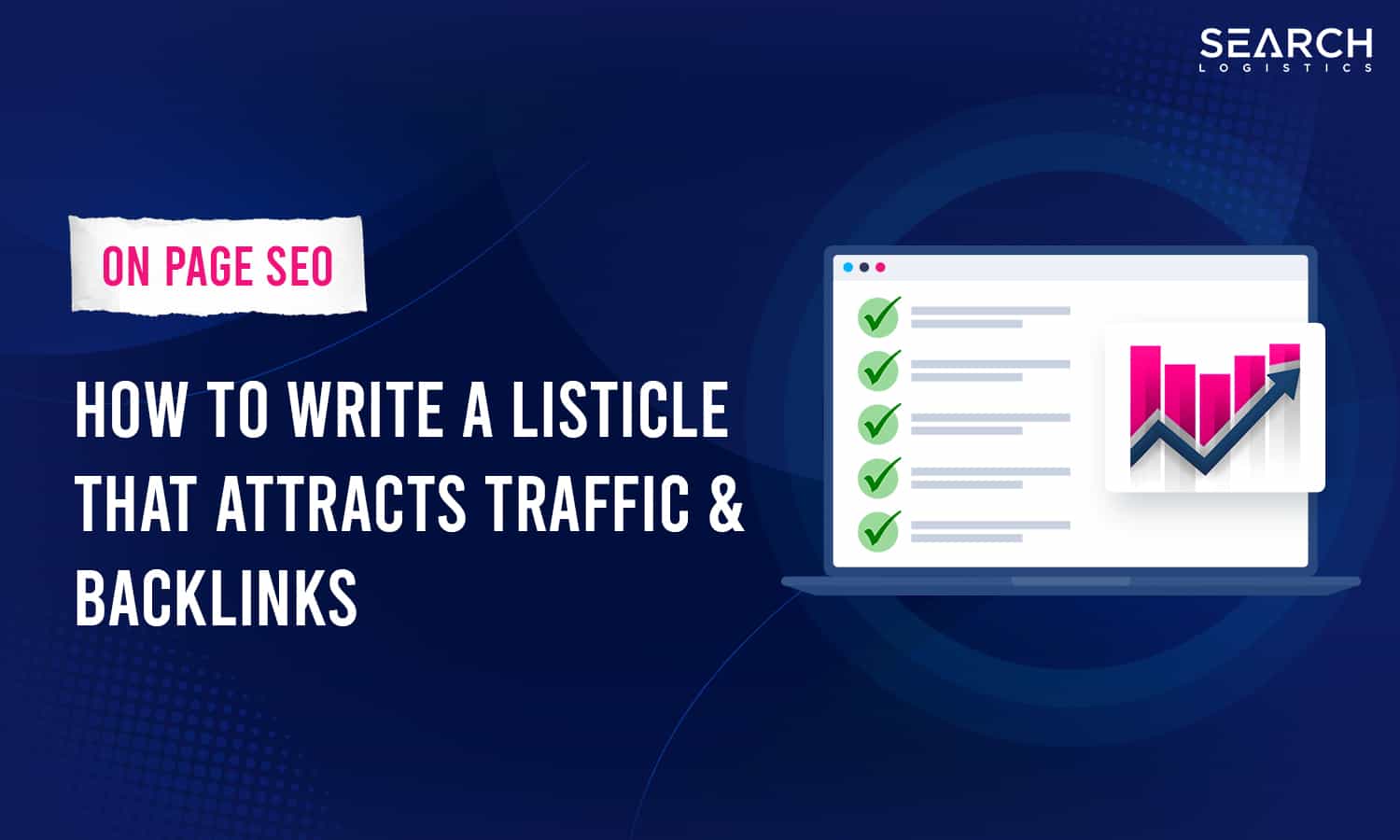ChatGPT Agent Defeats Cloudflare’s ‘I Am Not a Robot’ Security Check
In a significant development that highlights both the advancing capabilities of AI and potential vulnerabilities in web security systems, a ChatGPT-powered agent has successfully bypassed Cloudflare’s widely-used “I am not a robot” verification system.
The breakthrough, demonstrated through automated interactions with Cloudflare’s security interface, shows the AI agent completing the human verification process that millions of users encounter daily across the internet.
The verification system, designed to distinguish between human users and automated bots, appears to have been circumvented through sophisticated AI reasoning and interaction capabilities.
Technical Achievement Raises Security Questions
The incident represents a notable milestone in AI development, as traditional CAPTCHA and verification systems have long been considered reliable barriers against automated access.
Cloudflare’s verification system typically requires users to complete visual puzzles, behavioral analysis, or simple interactive tasks designed to confirm human operation.

Security experts are now examining the implications of this development for web security infrastructure.
The ability of advanced AI systems to navigate these protective measures could potentially reshape how online services approach bot detection and user verification protocols across digital platforms.
This demonstration showcases the increasingly sophisticated problem-solving abilities of modern AI agents.
The ChatGPT agent’s success suggests that current verification systems may need substantial updates to address the evolving landscape of artificial intelligence capabilities and emerging automated threats.
The AI agent reportedly navigated through multiple verification steps, including the standard checkbox interaction and subsequent challenge completion, mimicking human-like behavior patterns that traditionally distinguish legitimate users from automated systems attempting unauthorized access to protected resources.
Cloudflare has not yet issued an official statement regarding this specific incident, but the company has previously acknowledged the ongoing evolution of both protective systems and the sophisticated threats they’re designed to counter in the modern digital landscape.
Web security professionals are likely to accelerate development of next-generation verification systems that can better distinguish between human users and increasingly sophisticated AI agents.
This may include more complex behavioral analysis, advanced biometric verification, machine learning detection algorithms, or entirely new approaches to user authentication.
As AI capabilities continue to advance at an unprecedented pace, the cybersecurity industry faces the mounting challenge of developing protective measures that can keep pace with rapid artificial intelligence evolution.
This incident serves as a stark reminder that security systems must continuously adapt to address emerging technological capabilities.
The development also raises broader questions about responsible AI deployment, ethical use of automated systems, regulatory implications, and the future of human-computer interaction verification across the web infrastructure worldwide.
This breakthrough marks another significant step in the ongoing evolution of both artificial intelligence capabilities and the security measures designed to manage them effectively in practice.
Find this News Interesting! Follow us on Google News, LinkedIn, and X to Get Instant Updates!














Post Comment